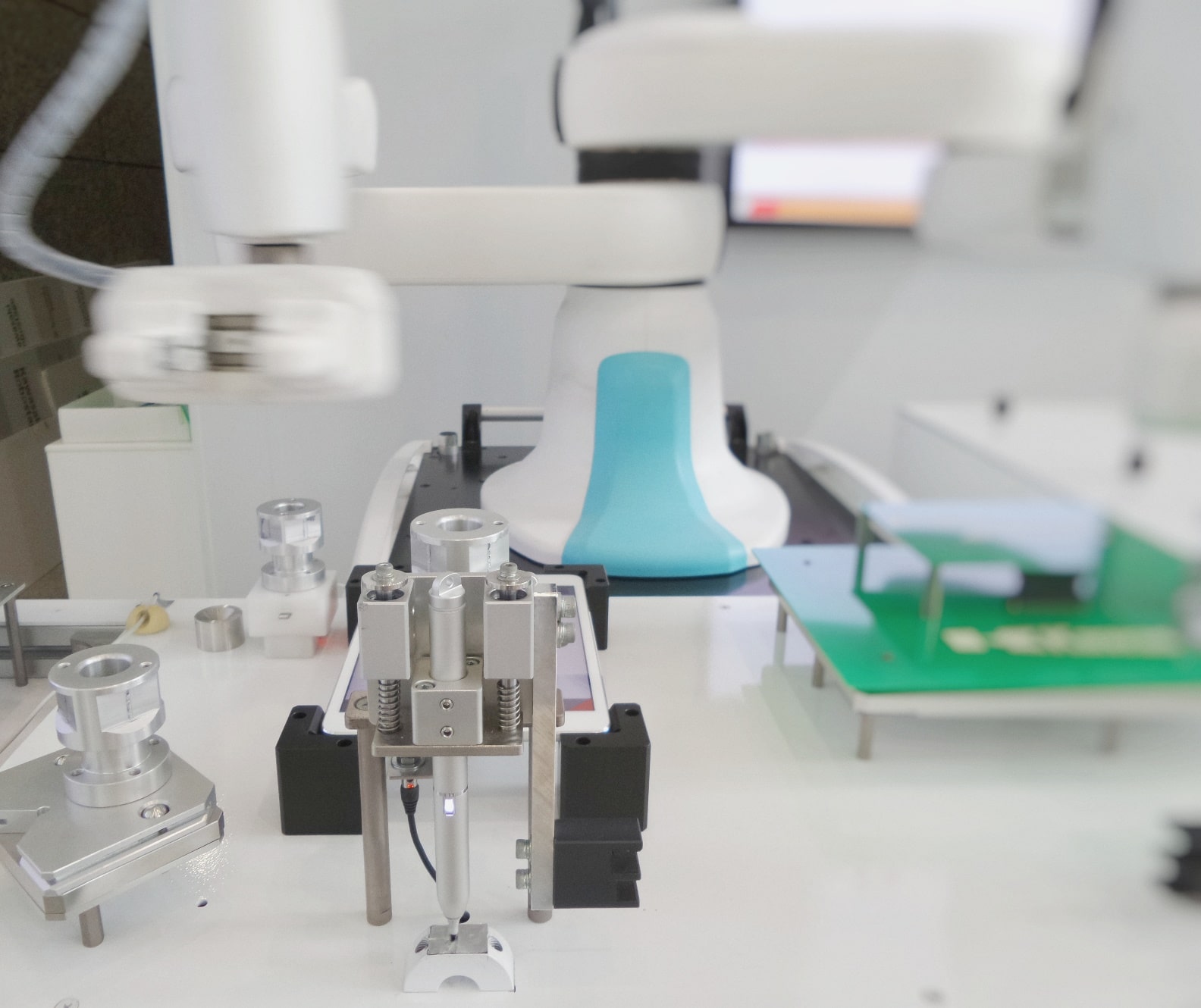When they hear about artificial intelligence, many people may think it’s solely related to those human-like robots you see in Science Fiction movies like Her or Ex Machina .
However, in the real world, non-robotic AI-driven solutions are already being used to help medical providers to answer today’s essential medical questions.
In this article, you are going to learn about a few promising applications of artificial intelligence in healthcare today. All of these are bound to transform the way we deal with health-related issues and:
- power patients to gain more control over their health
- streamline operational processes
- improve preventive care
- lead to better communication between doctors and patients
- result in better medical decisions.
Let’s get started!
Research and Discovery of New Medications
An essential area in healthcare which is positively influenced by AI is the development of new medication and vaccines.
Research which would otherwise take years and years of lab experiments and involve thousands of human researchers can be sped up with the help of AI. This would, of course, translate into a significant reduction of cost and time resources.
And this is not something to look forward to in the distant future. It’s already happening now. For instance, Pfizer teamed up with IBM Watson to advance the process of finding a drug to help patients fight cancer.
For that, IBM will use the massive computational power and cognitive abilities of its AI platforms to promptly analyze and test hypotheses from a huge volume of disparate data sources, including over 30 million sources of laboratory research, data reports and medical literature.

Check your symptoms
You’ve probably heard this on numerous occasions: early detection is the key to successful treatment. Now, with the help of new technology, people can check their symptoms at home.
So how does it work? Well, let’s take Diagnosio, an intelligent search engine which uses artificial intelligence based on machine learning, as an example.
What makes Diagnosio different from other search engines like Google, for instance, is its powerful search algorithm which will only use certified medical databases when performing searches.
Think of the algorithm as a virtual doctor who relies on authorized medical data to give differential diagnoses and help patients gain more control over their health.
Here are some of the other significant benefits of using an AI-driven solution like Diagnosio for improved preventive self-care:
- Immediate response. Once a user describes his or her symptoms using the Diagnosio Symptom Auto Suggest, the system will provide a structured list of potential diagnoses most relevant to the inserted symptoms.
- Personalized alert system. The tool will notify users if there’s a need to contact professional medical personnel, which enables faster medical treatment.
- Monitor your health anytime, anywhere. Input your symptoms and learn more about your health – no matter where you are, whether you are on vacation, on a work trip abroad or at home.
As a patient, using a data-driven solution like Diagnosio also makes the conversation with a doctor a lot simpler.
You’ll be able to describe your symptoms more accurately and ask more questions so the conversation can take place at a more advanced level. All of which is likely to result in better healthcare decisions.
Using artificial intelligence for potential diagnosis is also highly valuable for medical providers, as it can help them take more precise, efficient and impactful actions, precisely when needed.
Start a Diagnosio free trial today. So instead of searching on Google for a diagnosis and getting inconsistent information, you can count on a reliable, data-driven solution.
Establish Treatment Protocols
The incredible capacity of AI algorithms to peruse, process and analyze immense volumes of data faster than an army of researchers has applications which go beyond finding new medications.
By analyzing millions of data points, AI algorithms can uncover specific patterns for different diseases which then can be used to find the optimum course of treatment for them.
This tech-powered approach is not only more cost-effective, but can also improve patient care by offering a personalized treatment.

In a Forbes article on the topic of using artificial intelligence in healthcare, Stanford University Professor Dr. Robert Pearl explains how an evidence-based procedure would benefit patients.
“Take cancer treatment, for example. Using consensus algorithms from experts in the field, along with the data that oncologists enter into a medical record (i.e., a patient’s age, genetics, cancer staging and associated medical problems), a computer can review dozens, sometimes hundreds of established treatment alternatives and recommend the most appropriate combination of chemotherapy drugs for a patient.”
Looking even further into the future, computers could extract data to create predictive models to identify future health risks.
To be more specific, a computer could make individualized in-life predictions to help you avoid getting sick altogether. This would be done by taking complex DNA, biological data and environmental data into account.
Enhanced Medication Management
In most cases, treating a patient doesn’t require the need to develop a new medication, it’s merely a matter of using existing medicines the right way. And this is yet another aspect of healthcare the use of AI can help improve.
Artificial intelligence can be integrated into mobile apps and devices meant to closely monitor the use of medication by a patient. The AI component can learn about a patient’s real-world life and progressively understand the context of everyday activities, such as waking up, going out, exercising and falling asleep.
Over time, apps with AI capabilities will be able to anticipate and adjust to each patient’s individual needs and provide actionable insights, such as reminding a user to take a certain pill right after waking up.
Other benefits include:
- The opportunity to manage complex medication regimens more effectively. This would help avoid life-threatening situations where patients fail to take their pills as directed.
- Better manage prescription compliance to improve efficiencies in the delivery of care and thus reduce administrative costs.
- Doctors could assist patients with compliance at home. This makes it more convenient for the patient who will no longer have to visit the doctor’s office for medication management related issue as often as before.

Artificial Intelligence in Healthcare: Explore New Territory Today
As you saw from this article, the use of artificial intelligence in healthcare covers a wide range, from self-care management to treatment protocols and the discovery of new medication.
However, these were just a few of the valuable ways in which technology can be used to power a healthier future for us all.
If you want to begin experiencing the benefits of using AI in healthcare, sign up today for an exclusive Diagnosio membership which will transform the way you take care of your health.
